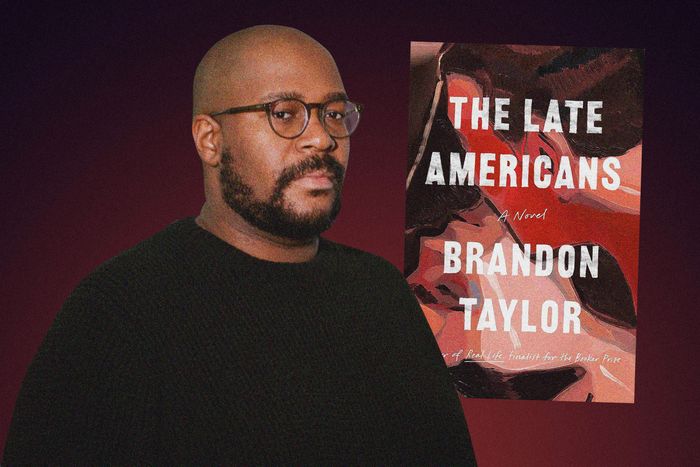
When Brandon Taylor’s newest book, The Late Americans, came out in May, it faced criticism for not reading more like his tweets. That critique drew its own criticism for not providing a fair basis for a book review. “It feels like what happens when we mistake our preoccupations for a valid critical lens,” says Taylor. The novelist believes there is a place for the personal in criticism, however. “It can show a set of considerations that the academy would’ve typically excluded, and for that reason, the internet’s democratizing force on art is great,” he says. “But also we should bring gatekeepers back. It’s getting weird.”
Social media has changed what readers and critics expect from writers. Goodreads is the Wild West. Elizabeth Gilbert, author of Eat Pray Love, canceled the release of a forthcoming book because of all the one-star reviews it received — a book no one could actually read yet, because it wasn’t released. Legacy media outlets are motivated by garnering likes and clicks with their reviews. Taylor says he started to notice the vibes were off when he began to review books. “Editors would come to me and they’d be like, ‘Do you want to review this book?’ And I’d say, ‘Yeah, I’d love to.’ And they’d say, ‘Great. What’s your angle? Can you pitch me an argument?’” he says. “It’s so contrary to how I was taught to read.” Subscribe below and listen to the full episode of Into It to hear more about Brandon Taylor’s views on where book criticism is going, how the timer is his secret weapon for getting himself to write, and why graduate school provides the best setting for big drama.

